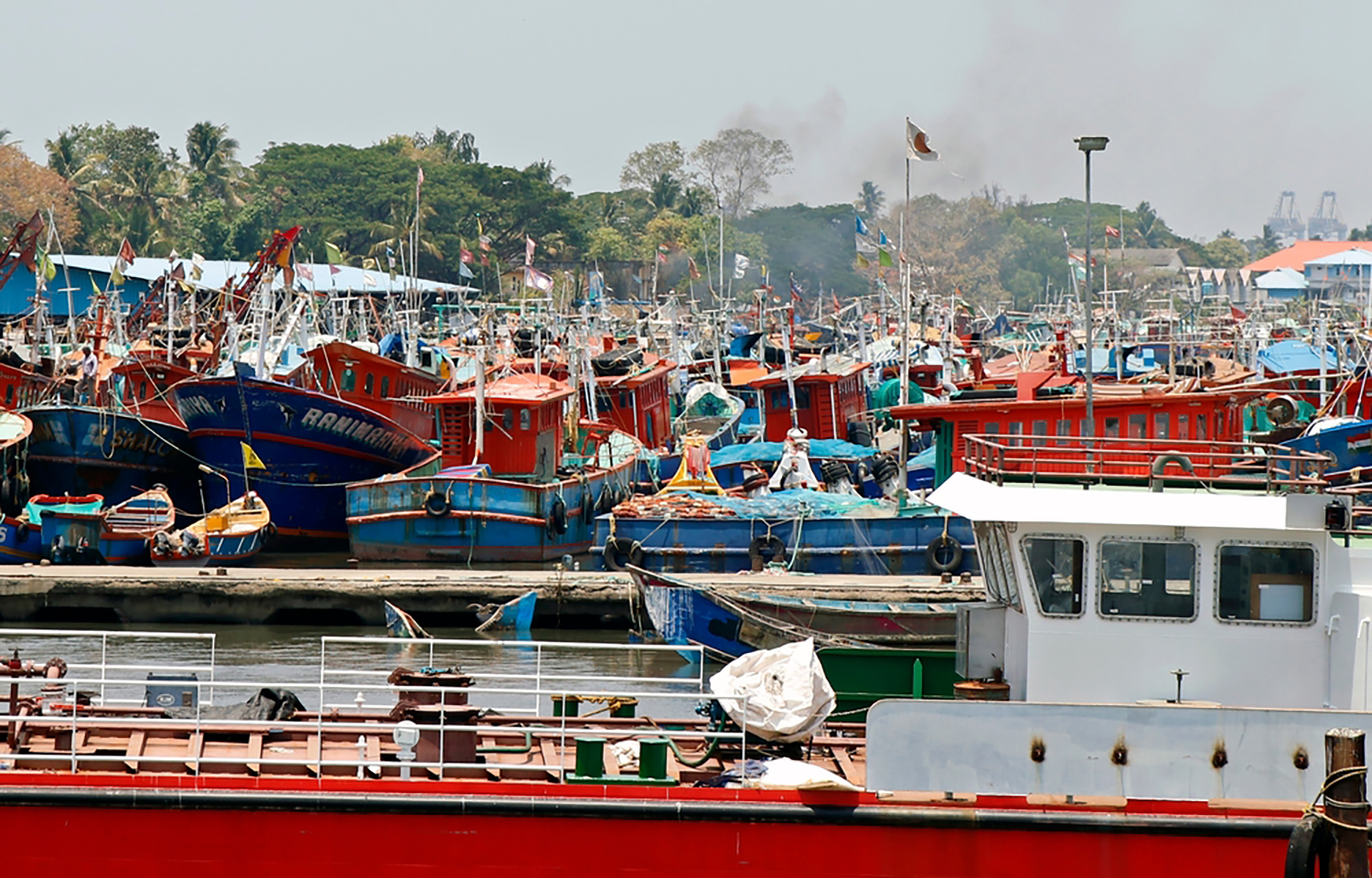An Indian fishing firm is seeking Taiwanese or possibly Chinese partners to supply vessels for a relaunch of deep-sea operations in Indian territorial waters.
Anil Kumar told SeafoodSource that his firm, Madala Marine, located in Visakhapatnam – the largest and most populous city in the southern Indian state of Andhra Pradesh – wants a Taiwanese partner to restart deep-sea fishing operations, but is also willing to engage Chinese firms if the fit is right.
Madala currently fishes in the Indian exclusive economic zone (EEZ), mainly near the coastline, with fishing vessels from Thailand. It has not fished in the deep sea, along with the rest of the Indian fishing industry, for about 15 years, which also marked the last time Madala worked with Taiwanese firms.
“India has a long coastline, but no deep-sea fishing has been taken up in Indian waters for the past 15 years. I would like to hire, lease, or do a joint venture with Taiwanese fishing vessels to restart [deep-sea] fishing in the Indian EEZ,” he said. “Once I have more information, I would like to visit Taiwan to negotiate.”
Kumar said he is also open to working with Chinese companies, potentially under the Taiwanese flag, but Madala has to do “a lot of homework for Chinese vessels.”
“We have to do it with a strategy because China’s vessels may not be allowed directly,” he said. “We have to work out a way for it.”
This process is not as easy as simply securing a deal with a Taiwanese or Chinese partner, however. According to Kumar, there are diplomatic issues between China and India, resulting in Chinese vessels not being allowed in India, and there are several regulatory hurdles Indian fishing firms need to hurdle before they can put boats on the water.
“We can manage by changing their flag and nationality,” he said. “But, the fishing rights are given to natural-born Indians only. Fishing is allowed for 10 months in a year. The vessels have to fly the Indian flag also. This is how we operate the vessels. We also have to get permission from the Ministry of Agriculture and Food, the Directorate General of Shipping, the Export Development Authority, and more. Once these permissions are acquired, we have to be in touch with the Indian Coast Guard, who monitor the movement of fishing vessels on a day-to-day basis.”
Kumar said his company is keen to identify vessels of the right size: a minimum of 24 meters.
Though Kumar is advocating for India to get more involved in deep-sea fishing, the country’s lack of a major distant-water fleet has been key to its stated opposition toward an extended World Trade Organization (WTO) deal on ending harmful fishery subsidies. Indian officials insist on the right of developing nations without major distant-water fleets, such as India, to subsidize small-scale fishing in domestic waters.
Those officials are not only seeking exemptions or extended phase-in periods to potential subsidy bans, but they also directly blamed countries that have large distant-water fleets, such as China, as being the culprits for harmful subsidies.
This has created tension between the two countries’ fishing sectors, and a restart of deep-sea fishing, like Kumar wants to reignite, runs counter to Indian WTO officials’ claims.








